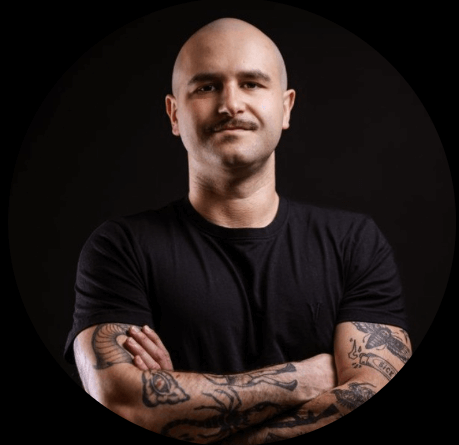Poland is a fascinating SEO market that differs not only from other Central and Eastern European countries but also from many other regions around the world.
The country’s over-reliance on sponsored links and dominant eСommerce players make it especially important for foreign brands to understand the Polish market nuances. Here are some key factors that influence the SEO landscape in Poland.
Key Factors That Influence The SEO Landscape In Poland
1. Challenging Polish link building
Sponsored articles are by far the most popular type of link building in Poland. This is rare elsewhere in the world, where guest posts, link inserts, and outreach campaigns tend to yield more links. Publishers, bloggers, and influencers in Poland almost always demand payment for dofollow links, making link exchanges and free guest posts extremely difficult to arrange.
Two platforms, Linkhouse and WhitePress, have emerged from Poland to dominate the global sponsored content and link-building market. Their popularity is a testament to the prevalence of paid link building in Poland and the talent of local link builders.
In many parts of the world, “digital PR” can generate mentions and the occasional nofollow link for free. In Poland, however, genuine SEO value often requires payment. Dofollow links from high-authority sites are usually paid for, and many Polish SEO professionals focus on these paid links instead of PR outreach.
Private blog networks (PBNs) are not as irrelevant in Poland as they are in other regions. High-quality PBNs require a significant investment of time and money, as well as a strong network of contacts—often built through active participation in the Polish SEO community. A combination of budget and connections is needed to acquire links at scale.
If you’re looking for data and examples, several case studies demonstrate how link building in Poland can be done, focusing on sponsored content and strategic PBN; check these sources provided by Polish SEO specialist Szymon Słowik:
2. Talented professionals and innovation
Poland is home to a large community of skilled SEO professionals—freelancers, agency employees, and in-house experts—who compete fiercely for top rankings. This competition has driven innovation, with many local agencies creating their own tools to gain an advantage. One notable example is Surfer, a SaaS product developed in Poland that has gained international recognition. Check the talk hosted by Vladimir Guillén (Odys) with Szymon Słowik (takaoto.pro), Michał Suski (Surfer) and Mariusz Bal (Localo):




